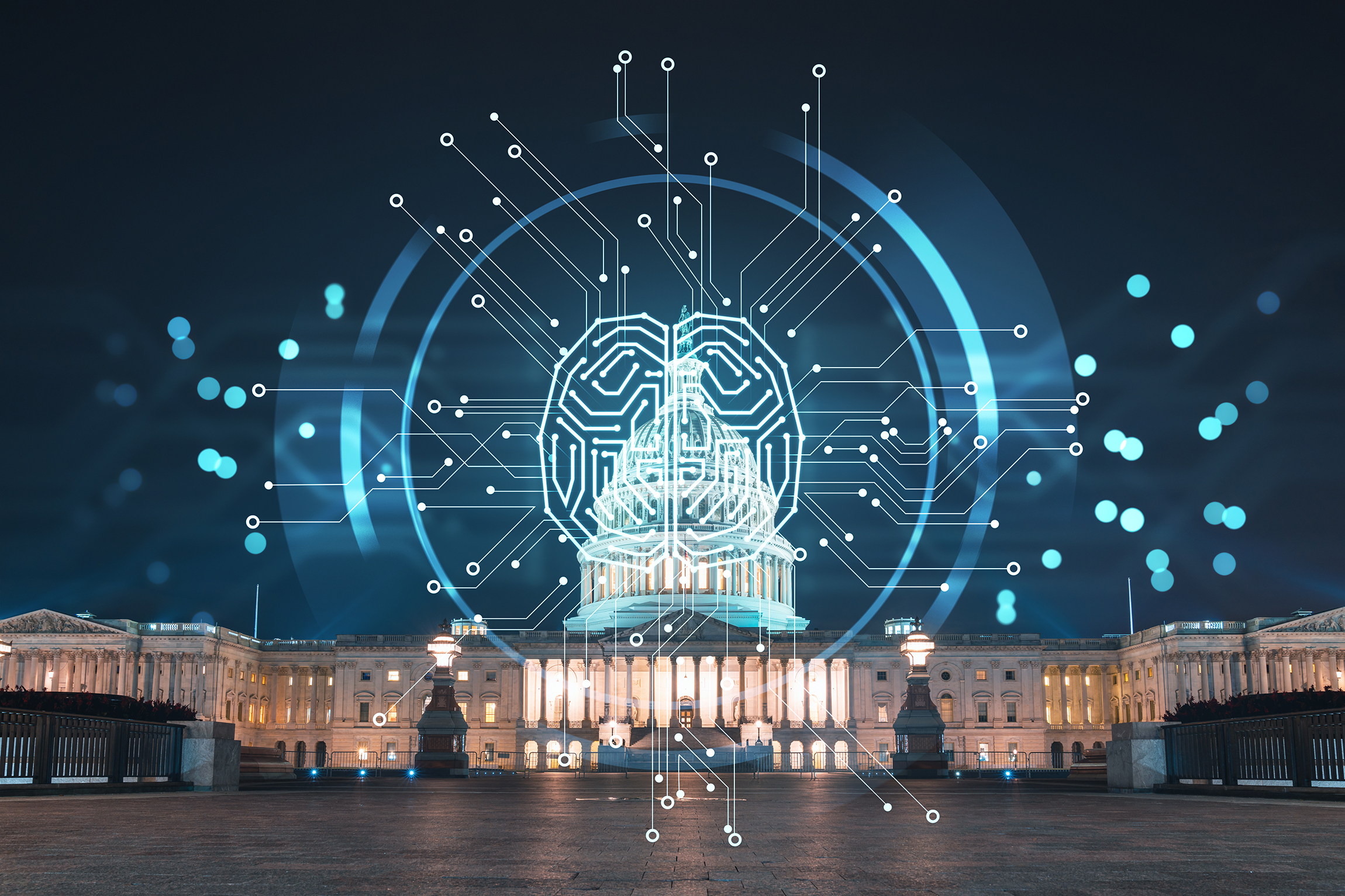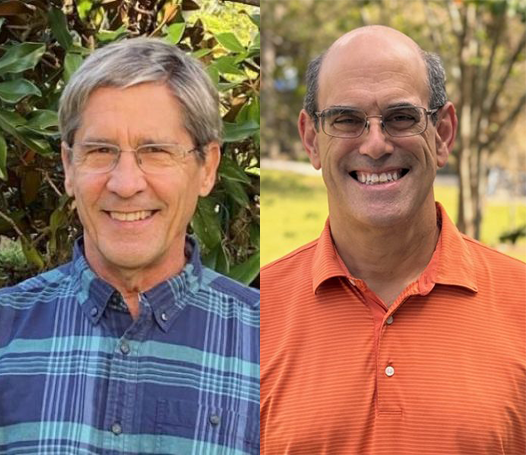
Photo by VideoFlow/Adobe Stock.
AI Breakthrough Paves the Way to Safeguard Democracies
In an era where the preservation of democracies is of paramount importance, the emergence of AI technologies promises to reshape global efforts in protecting democratic principles. A groundbreaking study by UF Professor of Political Science Badredine Arfi takes unprecedented steps to open new methodological horizons, unveiling an innovative approach to understanding and deterring threats to democratic systems around the globe. Published in the open-access journal Quality & Quantity, his new work marks a significant milestone in harnessing AI’s immense potential.
Opportunities in AI have remained largely untapped in the domain of social sciences, according to Arfi. In his paper, he forges innovative methodological tools for interpreting social data, empowering researchers and policymakers with a potent tool to extract more accurate predictions from complex data. The breakthrough holds the potential to overcome existing bottlenecks and limitations in social science research.
“AI is revolutionizing the world as we have known it,” Arfi said, “and it’s befitting for social scientists to begin creating AI-driven social science research while learning from fields of knowledge and industries that have already achieved much in this respect.”

Combining his expertise in international politics and AI methodologies, Arfi devised a novel three-fold approach to open a new avenue in survival analysis, which explores the probability and factors influencing events. “The work develops new methodological frontiers that take our social science queries about democracy and other societal concerns to new levels, well beyond the extant tools of investigation,” he said.
To reach his results, Arfi integrated three different approaches: topological data analysis, which allowed him to examine data holistically; Bayesian statistics, which enhanced the process of clear decision-making under uncertainty; and machine learning and deep neural networks, which let the data speak for itself, uncovering new knowledge beyond human capacity. To demonstrate the effectiveness of this approach, the research presents a compelling illustration of survival analysis applied to democracies spanning the years from 1950 to 2010.
As the world ventures deeper into the digital age, Arfi’s pioneering work opens fresh perspectives across the entire spectrum of social sciences.
“I hope that this research will encourage social scientists in the country and around the world to begin seriously thinking ‘outside the box’ and tap into the possibilities that the AI-driven tools of asking questions provide,” said Arfi.
Read the full study here.


